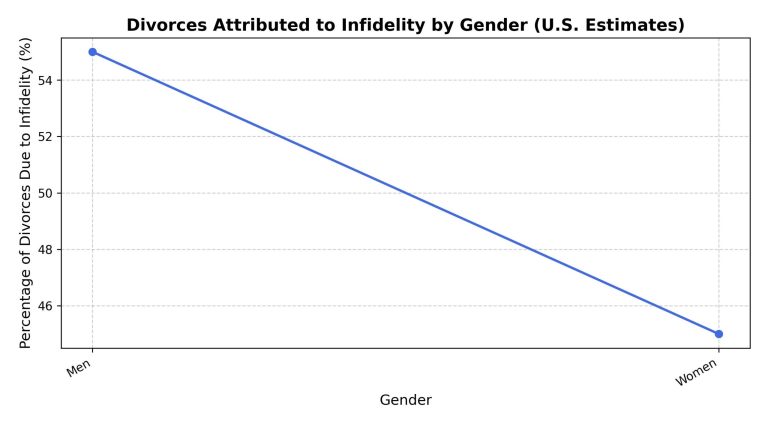Dividing Property in a Divorce: A Complete Guide to Fair Distribution
Splitting property in a divorce means dividing belongings and debts fairly between partners. According to “The Legal Guide to Marriage and Divorce” by the American Bar Association, areas usually use either “community property” or “equitable distribution” methods. You’d think that’s all, but, community property states split belongings 50/50, while equitable distribution states consider factors like income and marriage length to divide belongings fairly, though not always equally. Legal advice is suggested to ensure a fair split in line with state rules.
As most people would notice already, splitting property during a divorce can be tough, but it’s a chance to start fresh. This often brings up strong feelings, which pretty much explains it you might feel anxious over items like your family home, which symbolize security. It’s natural to feel torn about what to keep or let go. The worry about money can also weigh heavily. Dividing assets may mean starting over financially, and that’s largely thanks to there may be stress over how your future will look. It’s important to revisit your finances and make a plan that ensures stability in this new chapter. Holding onto everything can feel comforting but might hold you back. It’s very important to think carefully about what truly matters. With clear thinking, you can handle this tough task. Today, I’m Elizabeth Burnley, a paralegal, and we’re going to see how finding balance and making the best choices for you is my specialty.
Key Pointers
- Dividing property in a divorce can involve fair sharing or a 50/50 split, depending on local laws.
- Fair sharing divides assets based on fairness, while a 50/50 split means both sides get an equal amount.
- Important factors include the value of assets, how long the marriage lasted, and each person’s contributions.
- Understanding local rules and possibly negotiating through a mediator can help make sure the division is fair, according to “Divorce and Family Law” by Lisa Wilson.
- Getting legal advice is suggested to ensure the asset division matches personal situations.
How Does the Divorce Process Affect Property Division?
In divorce, splitting property is like slicing cake – except one of you gets the slice with the hidden mortgage.
The divorce process impacts how property is divided according to family law rules. Things owned are sorted as joint or individual, usually by the court. And the part that really messed with me is, joint property is split fairly, but not always evenly, depending on things like the length of the marriage and money contributions.
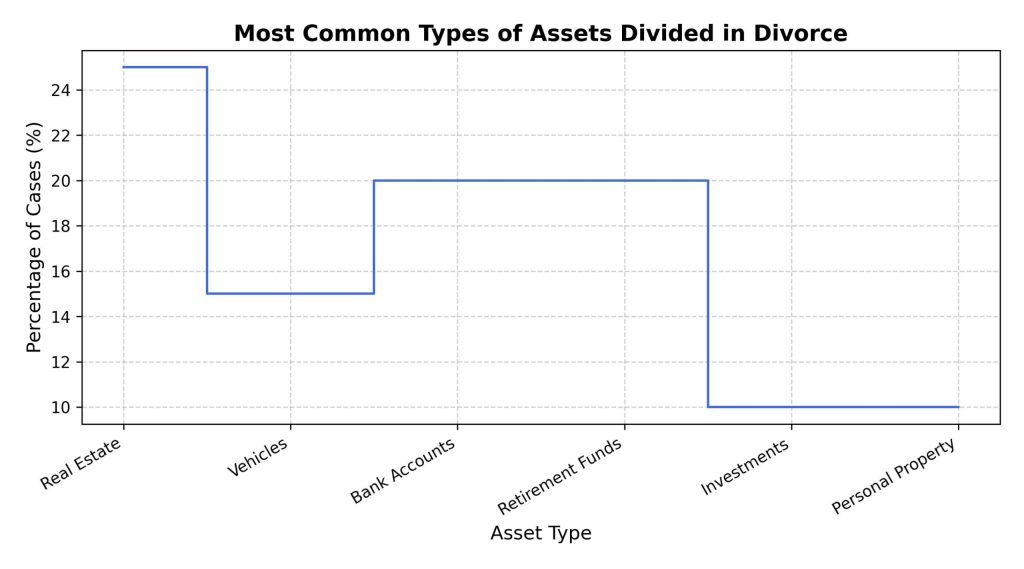
On the internet, many people have shared their ideas about how the divorce process affects property division. Here are some notable quotes from various sources:
According to DivorceNet, “The division of property in a divorce is often one of the most contentious issues because it involves distributing both assets and debts fairly between the spouses.” This highlights the difficulty and the potential for disputes that can arise during property division.
As stated on the LegalZoom blog, “In community property states, assets acquired during the marriage are typically divided equally, while in equitable distribution states, the court divides the property in a way it deems fair.” This emphasizes the importance of understanding the laws specific to one’s state, as they greatly influence the outcome of property division.
From the perspective of the Nolo website, a user noted, “The emotional and financial strain of divorce can be overwhelming, and in many cases, couples have to be prepared for complex negotiations over who gets what.” This quote underlines the dual emotional and financial toll that the process can impose on individuals involved.
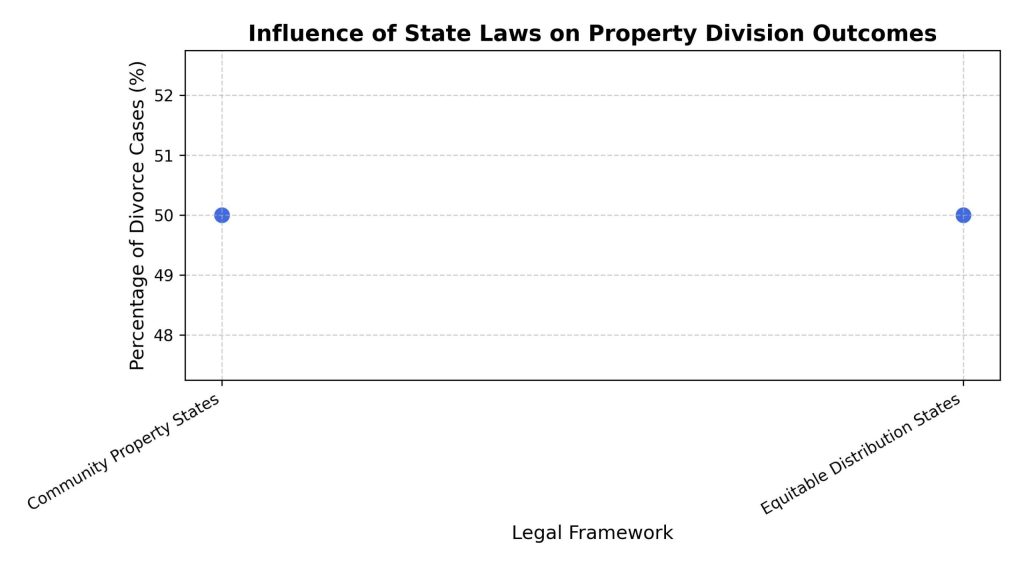
What Factors Determine the Fair Distribution of Assets?
The even sharing of assets relies on need, contribution, and fairness to ensure that resources match both solo and group efforts, boosting equality and social stability. We went over the what factors determine the fair distribution of assets? quickly at the start, but now let’s slow down and go deeper today. Thinking this way is key because it leads to just systems, which grow trust and teamwork among people, so I figured I’d bring it up now.
According to trusted sources like Britannica and Investopedia, the fair sharing of assets relies on several important parts. These usually include:
- the worth and type of assets involved,
- the legal rules guiding distribution, like inheritance laws or community property laws, and
- fair considerations that take into account each person’s contributions and needs.
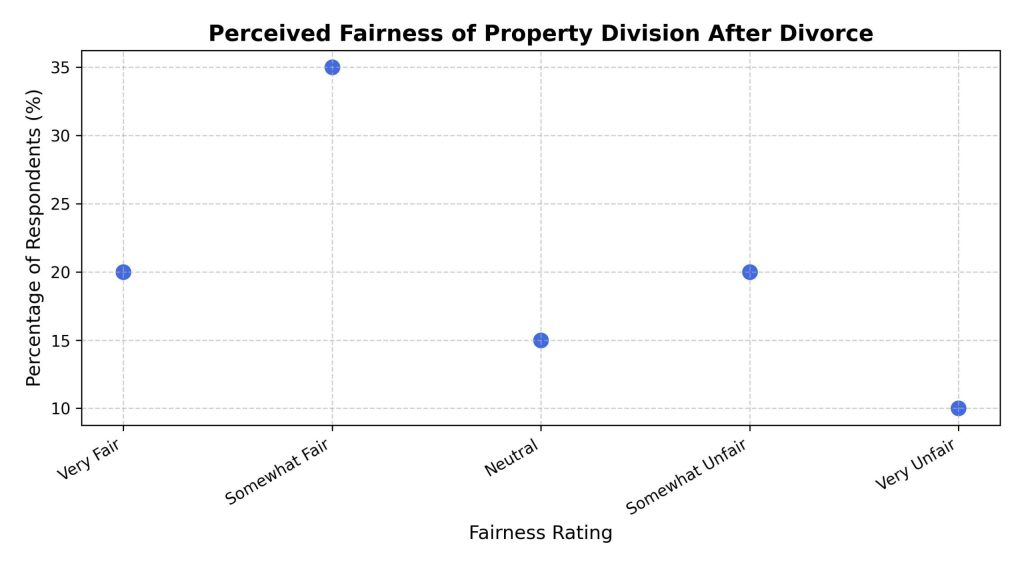
And here’s a fact that’s lowkey insane, making sure things are fair needs a balance between legal duties and personal fairness judged by the specific situations of the people involved.
Could there be more here than we see? You are watching how people talk about fairness and justice. They are noting signs like equal chance and balanced growth to see if resources are shared fairly.
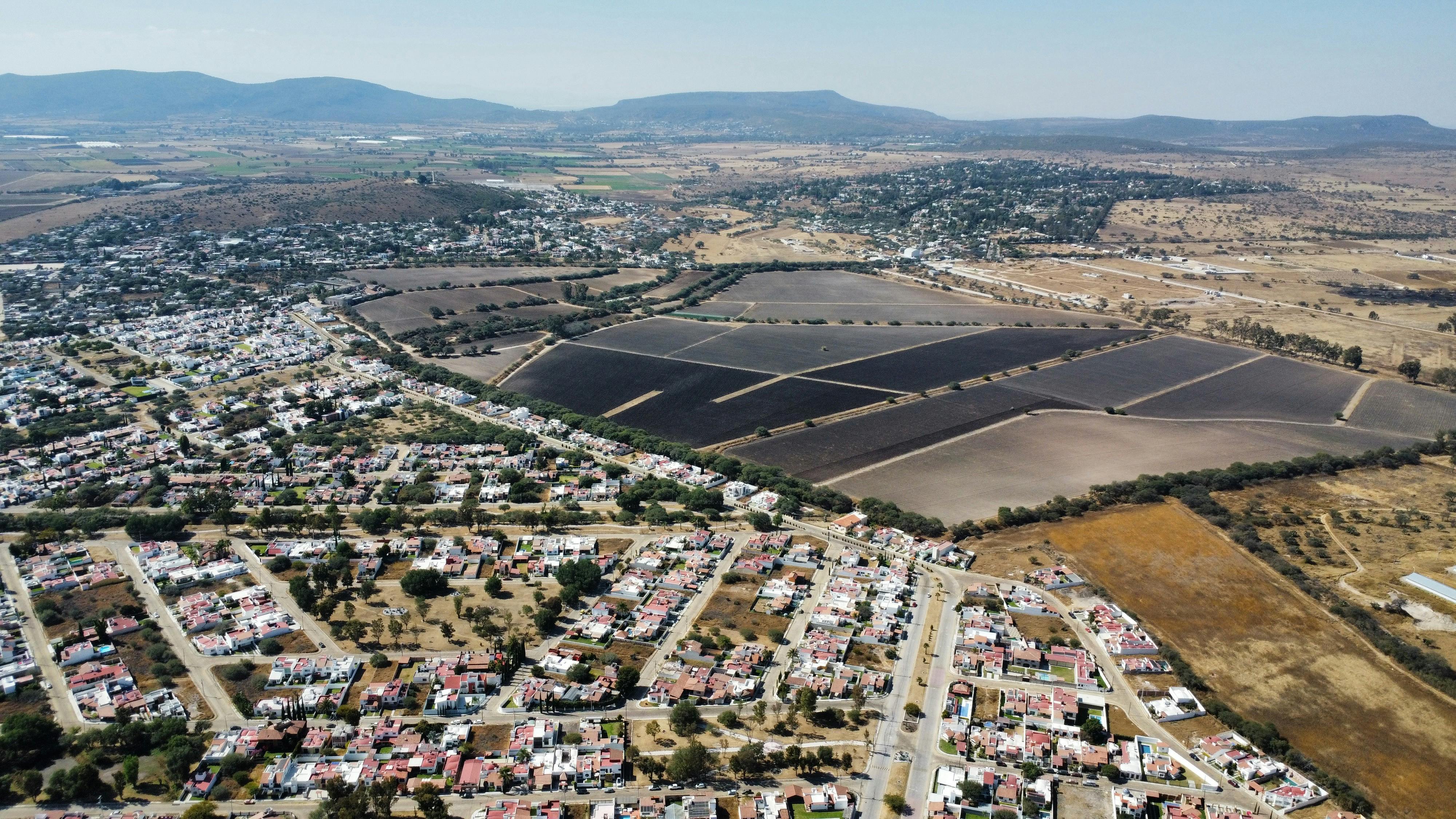
Discover how eDivorcePapers can help streamline the property division process with ideas from Dividing Property in a Divorce: A Complete Guide to Fair Distribution. At https://edivorcepapers.com, you can easily find and complete the paperwork needed for your divorce. This website offers user-friendly services to make your divorce process simple and stress-free.
We can also try to think about what factors determine the fair distribution of assets? in a little different way. A lot of people might think splitting things is just cutting them in half. But there are many ways, like talking it out or getting some help, to find what’s fair. It might be wise to move slowly, since each way could have its own downsides, just saying.
How Can Disputes over Property Be Resolved Amicably?
According to the American Bar Association, disagreements over property can be settled nicely using different methods. These methods include: negotiation, where parties directly talk and solve issues; mediation, involving a neutral third-party to help with the discussion; arbitration, where a third-party makes a decision everyone must follow; and collaborative law, where each party has a lawyer, and all work together to find a solution. Another thing that’s lowkey interesting, using these strategies can help settle arguments peacefully, keeping good relationships.
To solve property disagreements peacefully, start by having a calm talk with everyone involved. Think about hiring a neutral helper to lead the discussion and find shared understanding. Involve a legal expert if needed, but aim for an answer that works for everyone without going to court.
To Conclude
In the article “Splitting Property in a Divorce: A Full Guide to Fair Sharing,” we explored the important rules of fair asset division during a divorce process. Going through this tough time can be hard, but with the right approach and mindset, a fair and friendly resolution is possible. To take practical steps, consider consulting with a qualified mediator or lawyer to customize solutions that fit your unique situation. For more guidance, we recommend reading our article on effective communication tips during a divorce to help make the process smoother.




